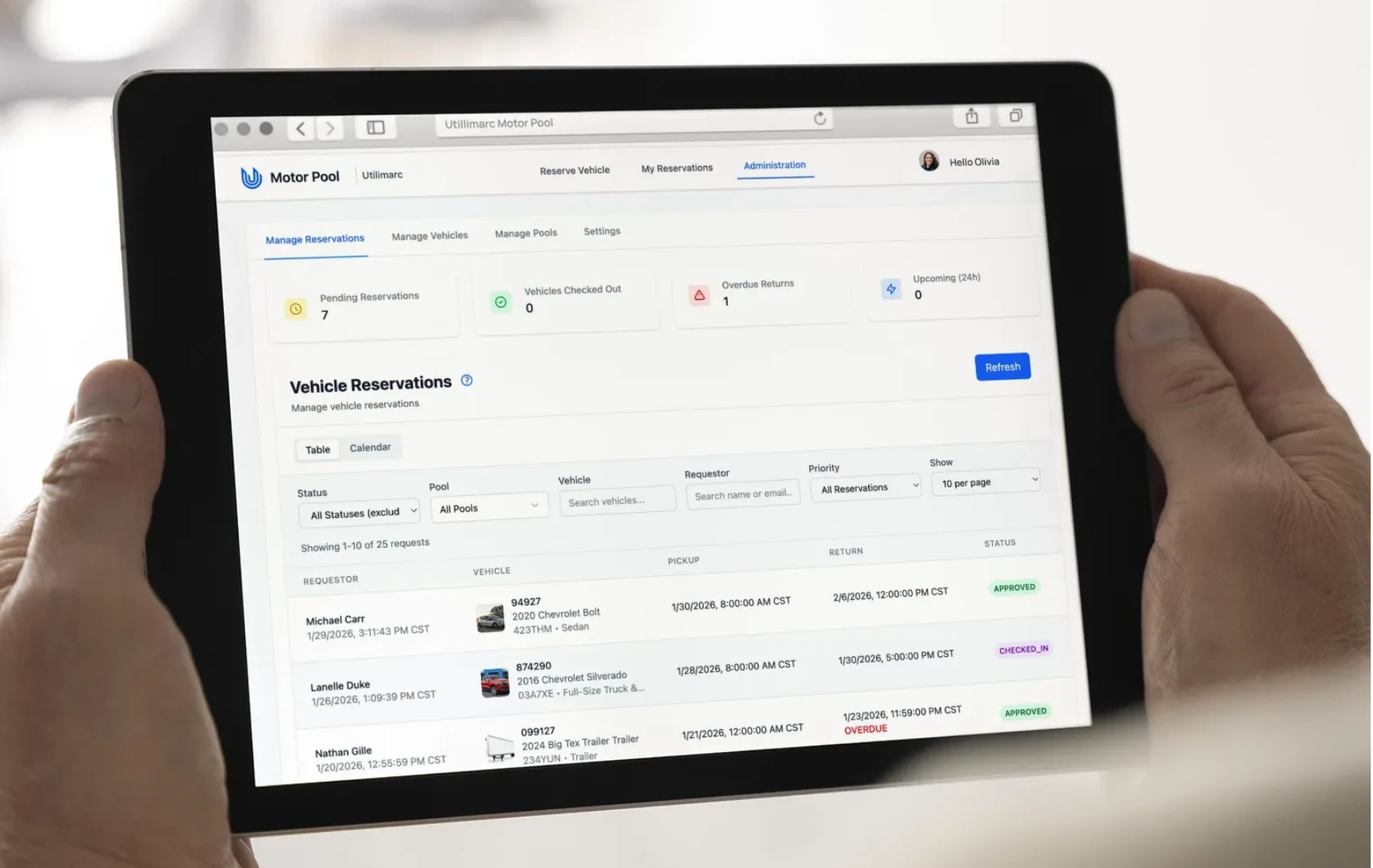What's New in Fleet?
Utilimarc Fleet Insights Blog
Read the latest articles covering industry updates, best practices, and helpful strategies for fleet management.
Related posts
Thank you! Your submission has been received!
Oops! Something went wrong while submitting the form.
